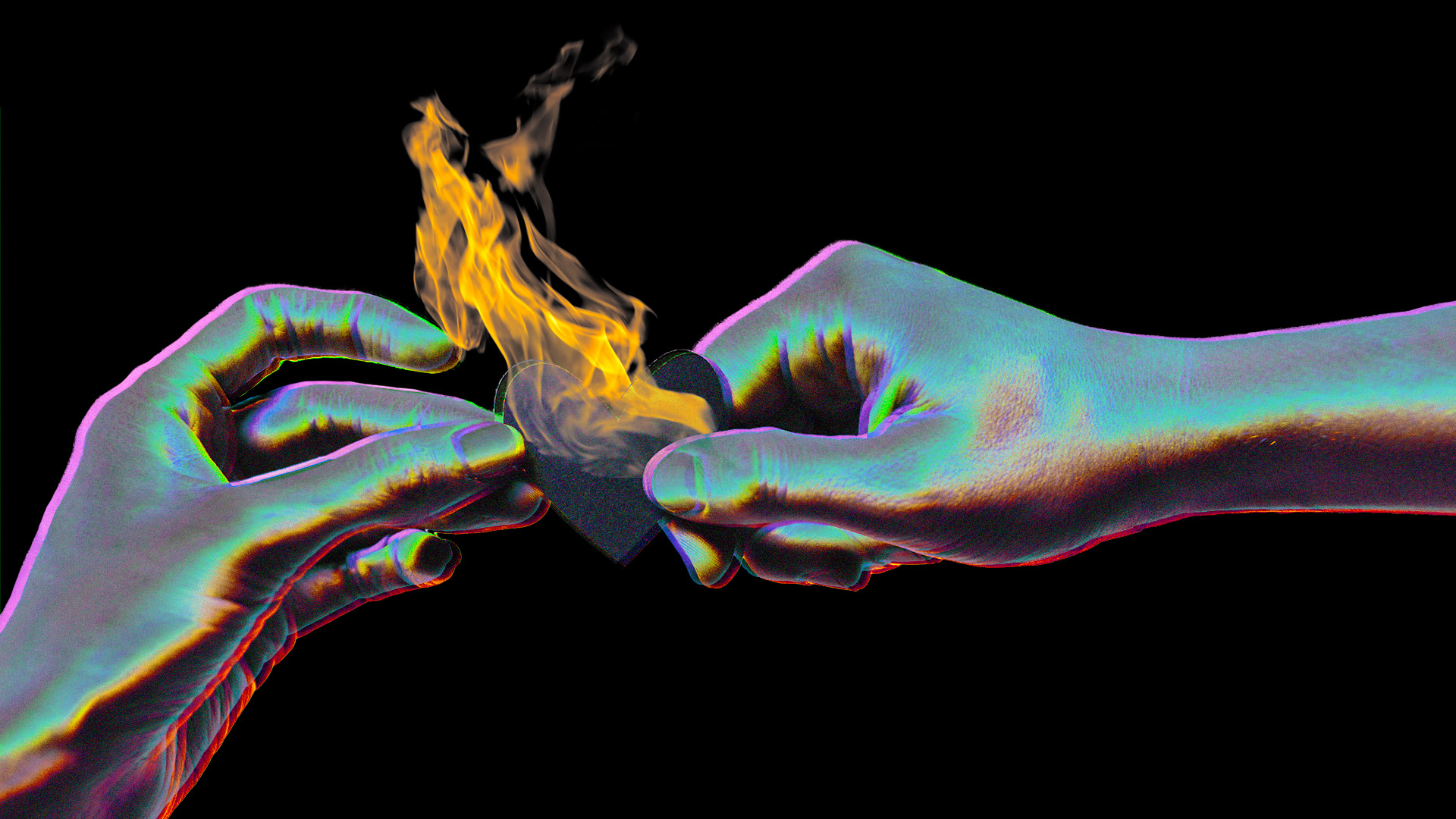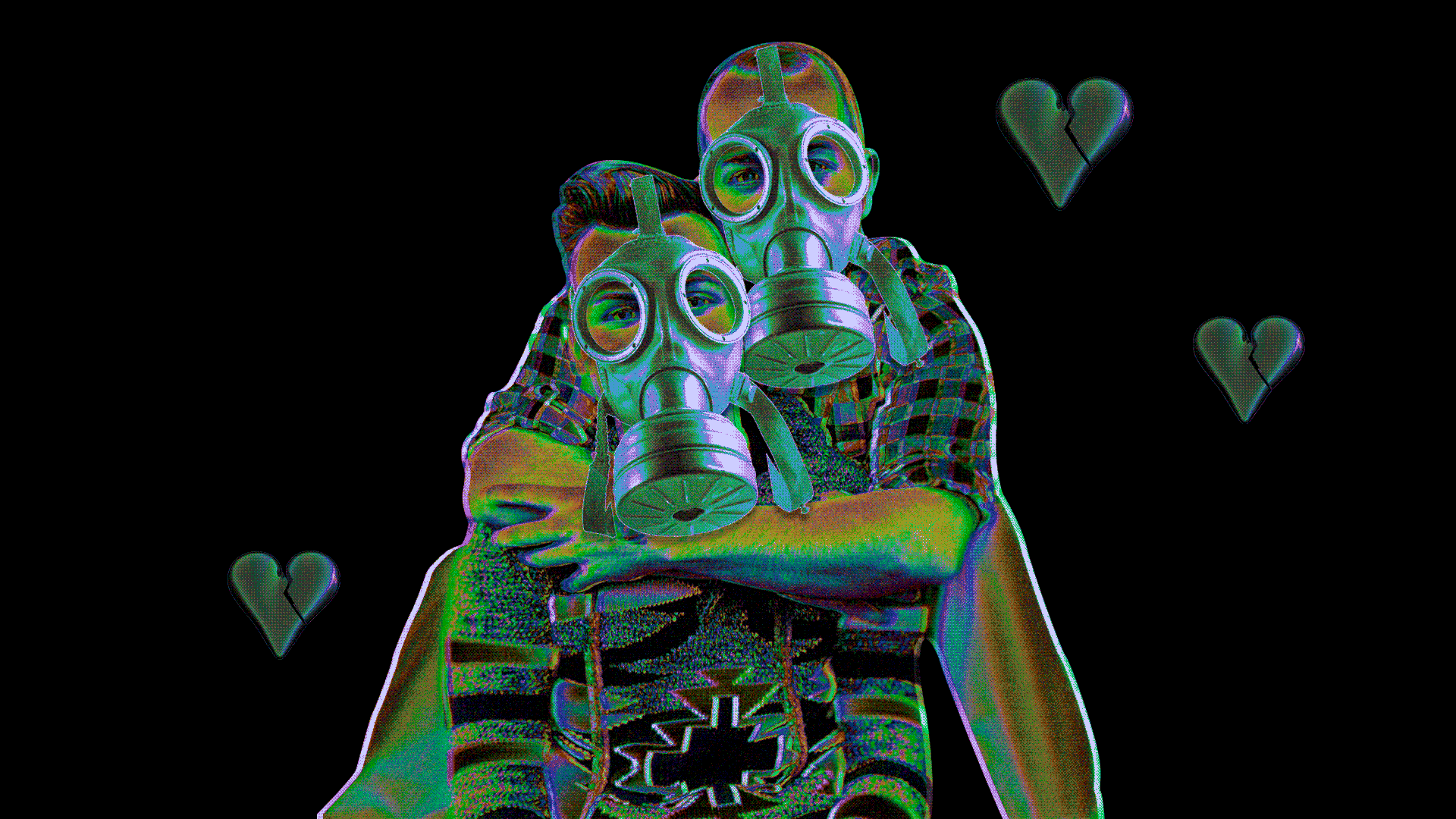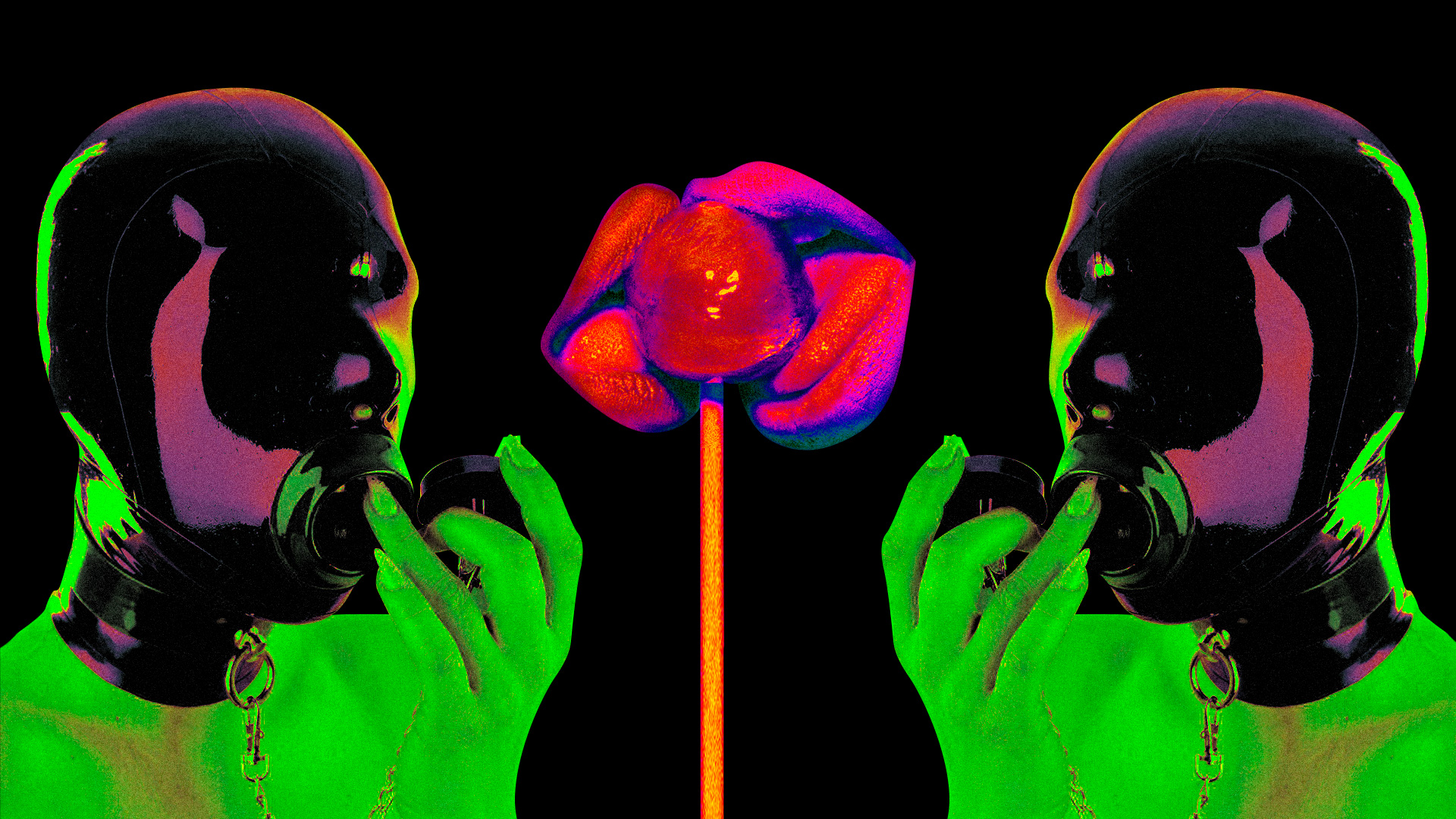When you’re in a healthy relationship, everything just kind of works. Sure, there are bumps in the road, but you generally make decisions together, openly discuss any problems that arise, and genuinely enjoy each other’s company.
Toxic relationships are another story. And when you’re in one, it can be harder to see red flags. If you consistently feel drained or unhappy after spending time with your partner, it could be a sign that things need to change. Here’s a look at some hallmark signs of toxicity in a relationship and what to do if you recognize them in your relationship.
Toxic relationships will cause monumental breakage to people, families and workplaces, but they aren’t necessarily the territory of the weak, downtrodden or insecure. Strong, healthy, independent people can find themselves in the white-knuckled grip of a toxic relationship. Similarly, relationships that seem to begin strong because ‘omg we’re soooo in love you guys,’ can dissolve into nothing but ash and legal fees that could have bought a castle on the river Seine, if they weren’t being used to divide half your assets more ‘half-ly’.
Relationships evolve. They change and they grow. Sometimes they crash and they burn. We never know how things will look when each other’s less adorable, kind of awful habits start to show themselves publicly, or under the influence of alcohol or in-laws.
Some relationships are all shades of wrong from the outset (‘Darlin’ you’re so pretty. You’re the image of my ex.) Some start off with promise and with all the right ingredients, but somewhere along the way, the right ingredients get replaced with resentment, jealousy, history and hurt.
We love love. Of course we do. Love sends us to joyous, lofty heights that we never want to come down from, but the same heart that can send us into a loved-up euphoria can trip us up and have us falling into something more toxic. The hot pursuit of love can be blinding. Even worse, sometimes it’s not until you’re two kids and a mortgage into the relationship, that you realise something has been missing for a while, and that something is you.
What is a toxic relationship?
By definition, a toxic relationship is a relationship characterized by behaviors on the part of the toxic partner that are emotionally and, not infrequently, physically damaging to their partner. While a healthy relationship contributes to our self-esteem and emotional energy, a toxic relationship damages self-esteem and drains energy. A healthy relationship involves mutual caring, respect, and compassion, an interest in our partner’s welfare and growth, an ability to share control and decision-making, in short, a shared desire for each other’s happiness. A healthy relationship is a safe relationship, a relationship where we can be ourselves without fear, a place where we feel comfortable and secure. A toxic relationship, on the other hand, is not a safe place. A toxic relationship is characterized by insecurity, self-centeredness, dominance, control. We risk our very being by staying in such a relationship.
What does it look like?
Depending on the nature of the relationship, signs of toxicity can be subtle or highly obvious. If you’re in a toxic relationship, you may recognize some of these signs in yourself, your partner, or the relationship itself.
Lack of support
Your time together has stopped being positive or supportive of your goals.
Healthy relationships are based on a mutual desire to see the other succeed in all areas of life. But when things turn toxic, every achievement becomes a competition. In other words, you don’t feel like they have your back.
We all have important needs in relationships. Some of the big ones are connection, validation, appreciation, love, sex, affection. When those needs are mocked or ignored, the emptiness of that unmet need will clamour like an old church bell. If your attempts to talk about what you need end in a fight, a(nother) empty promise, accusations of neediness, insecurity, jealousy or madness you’ll either bury the need or resent that it keeps being overlooked. Either way, it’s toxic.
Toxic communication
Instead of treating each other with kindness, most of your conversations are filled with sarcasm, criticism, or overt hostility. You may even start avoiding talking to each other.
Jealousy
While it’s normal to experience jealousy from time to time, it can become an issue if you can’t get yourself to think or feel positively about their success.
Controlling behaviors
Questioning where you are all the time or becoming overly upset when you don’t immediately answer texts are both signs of controlling behavior, which can contribute to toxicity in a relationship. In some cases, these attempts of control over you can be a sign of abuse (more on this later).
Resentment
Holding on to grudges and letting them fester chips away at intimacy. Over time, frustration or resentment can build up and make a smaller chasm much bigger.
Dishonesty
You find yourself constantly making up lies about your whereabouts or who you meet up with to avoid spending time with your partner.
Patterns of disrespect
Being chronically late, casually “forgetting” events, and other behaviors that show disrespect for your time are a red flag.
Physical or verbal abuse (or both) are deal-breakers. You know they are.
Negative financial behaviors
Your partner might make financial decisions, including purchasing big-ticket items or withdrawing large sums of money, without consulting you.
Constant stress
A normal amount of tension runs through every relationship, but finding yourself constantly on edge is an indicator that something’s off.
This ongoing stress can take a toll on your physical and emotional health.
Ignoring your needs
Going along with whatever your partner wants to do, even when it goes against your wishes or comfort level, is a sure sign of toxicity.
For example, you might agree to a vacation they planned, either intentionally or unintentionally, for dates that aren’t convenient for you.
Lost relationships
You’ve stopped spending time with friends and family, either to avoid conflict with your partner or to get around having to explain what’s happening in your relationship.
Alternatively, you might find your free time is wrapped up in dealing with your partner.
Lack of self-care
In a toxic relationship, you might let go of your usual self-care habits.
You might withdraw from hobbies you once loved, neglect your health, and sacrifice your free time.
Hoping for change
You might stay in the relationship because you see the other person’s potential or think that if you just change yourself and your actions, they’ll change as well.
Walking on eggshells
You worry that by bringing up problems, you’ll provoke extreme tension, so you become conflict avoidant and keep any issues to yourself.
Can the relationship be saved? Is it worth it?
Many people assume that toxic relationships are doomed, but that isn’t always the case. There’s no easy answer here. Ultimately, you’ll need to evaluate whether the relationship is worth the work that’s required to save it from a low point.
It’s also wise to make sure everyone involved is committed to saving the relationship. If you’re the only one willing to put in the work, reconciliation probably isn’t likely.
The deciding factor? Both partners must want to change. If only one partner is invested in creating healthy patterns, there is —unfortunately — little likelihood that change will occur.
That said, abuse of any kind, whether it’s physical, verbal, or emotional, is a red flag. Keep in mind that signs of toxicity can be quite subtle. Are you walking on eggshells around your partner? Have you lost your confidence or sense of self?
Here are a few other signs that you might be able to work things out.
Willingness to invest
You both display an attitude of openness and willingness to invest in making the relationship better.
This may manifest by an interest in deepening conversations, or setting aside regular blocks of time for spending quality time together.
Acceptance of responsibility
Recognizing the past behaviors that have harmed the relationship is vital on both ends It reflects an interest in self-awareness and self-responsibility.
If there has been infidelity or trust has been broken, it’s important to take full responsibility for what happened and be understanding of how your behavior hurt your partner.
Avoid becoming defensive or sidestepping your mistake, but don’t fall into self-loathing either. You should own it in a loving way that creates the space to start to rebuild trust.
Give your partner the opportunity to win your trust back
While you have every right to feel hurt and angry, there should be a desire to work on the relationship. Trust can never be restored until the person whose trust was broken allows their partner a chance to earn it back.
Shift from blaming to listening and understanding
If you’re both able to steer the conversation away from blaming and more toward understanding and learning, there may be a path forward. If you catch yourself forming a rebuttal in your head as your significant other is talking, you’re not really listening. You’re getting ready to defend yourself or go to battle. Winning” an argument is never truly winning. If your partner feels that they lost, it will likely contribute to more distance, tension, and resentment, so in the long run, you lose too.
When rebuilding the relationship, try to consider it a new one, rather than saving an old one. Seeing it this way creates an opportunity for defining rules and boundaries from the beginning. This means striving to understand and work through underlying issues as well as letting go of past resentments you’ve been holding onto.
Maintain intimacy and communication
Establish how to take care of each other emotionally. What does this actually mean? For starters, commit to giving each other a heads up when it feels like you’re drifting apart. Sit down together and look at what might be causing that. Have you both been wrapped up in work? Has it been too long since you spent the day just enjoying each other’s company? Commitment to working on the relationship is just as important as commitment to the partner.
Sometimes, you just fall into a rut. It might sound cliche, but setting aside some time, even just a few hours, to go do something out of the ordinary can make a big difference.
Psychological research shows that partners who play together experience more positive emotions and report greater happiness.
Try taking a break from the same old routine and spend time participating in novel, uplifting experiences.
Hug often, kiss often, say good words often
I encourage couples to regularly hug each other in a fully present and connected way. Holding hands or hugging releases oxytocin which can reduce stress, prevent you from hypertension and boost your mood. If you’re not on great terms right now, this might be easier said than done. Try starting slow — simply putting your hand on theirs can help to show that you still care.
Look at the upside of your relationship
Spend a week noticing or writing down all the things your partner does “right.” Researchers have found that we tend to see what we are looking for. If you’re looking for reasons to be mad or upset with your partner, you’ll probably find them. But this works in reverse, too. Keep your eyes peeled for the good things. Don’t just silently observe your partner’s right-doings. When they do something that’s kind of helpful, even if it’s just tidying up the kitchen after a meal, verbally thank them.
Learn to compromise, spend time with friends outside of your relationship
All relationships require give and take. When you’re living in close quarters, being accommodating of the other person’s needs and preferences without sacrificing your own can help foster more happiness and fulfillment.
Spending time with friends can have a powerful effect on your personal emotional health and can help strengthen your personal identity. Remember, staying connected to your partner means having a life outside of your relationship.
Don’t let your world revolve around your partner
While it’s important to pay attention to fostering closeness in a long-distance relationship, that aspect shouldn’t consume you.
No matter how much you miss the other person, don’t forget about other important areas of your life. Keep up with your hobbies and interests — a happy and healthy relationship partly involves you being each partner being their own person.
Openness to outside help
This is a big one. Sometimes, you might need help to get things back on track, either through individual or couples counseling.



















